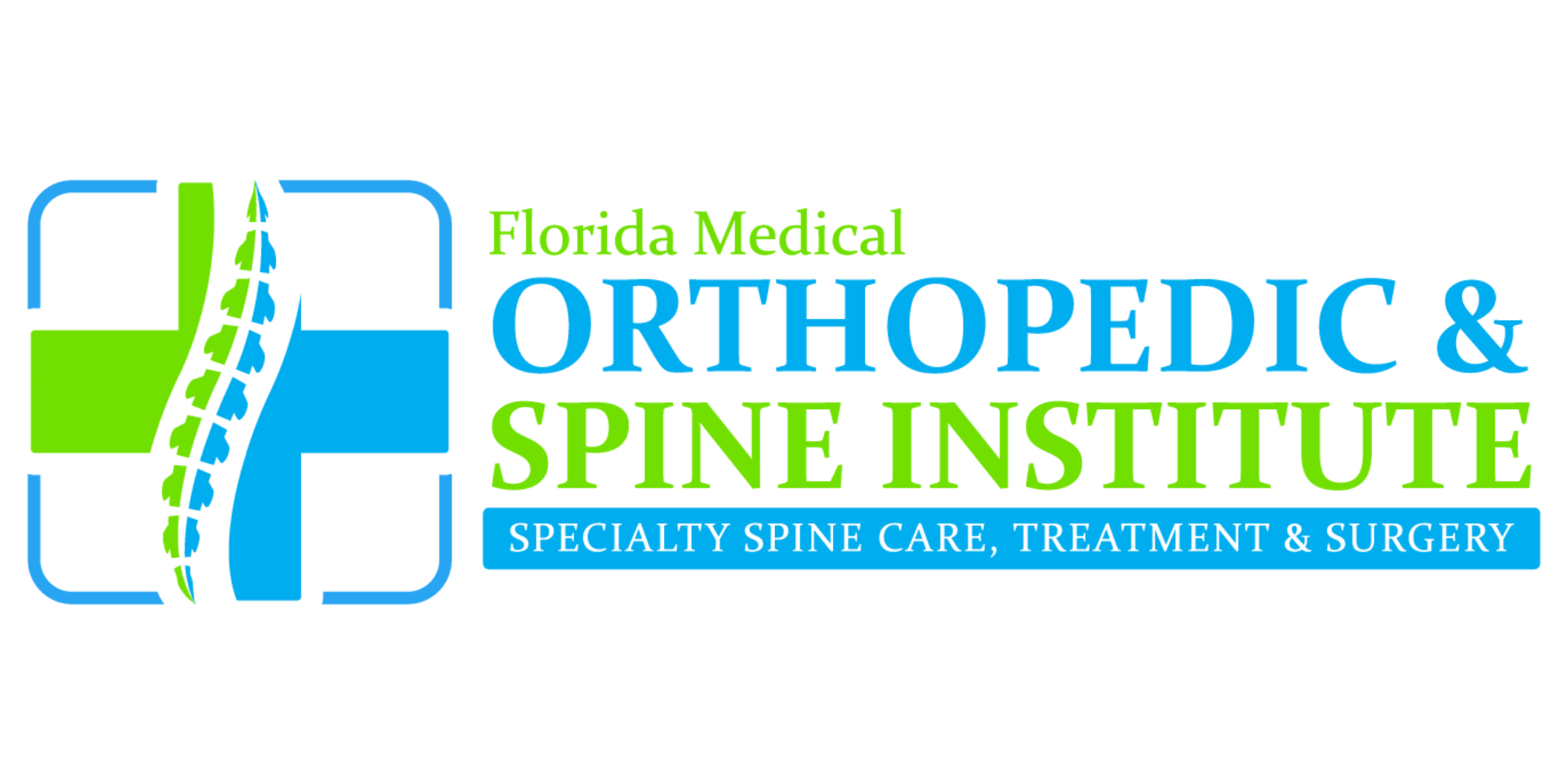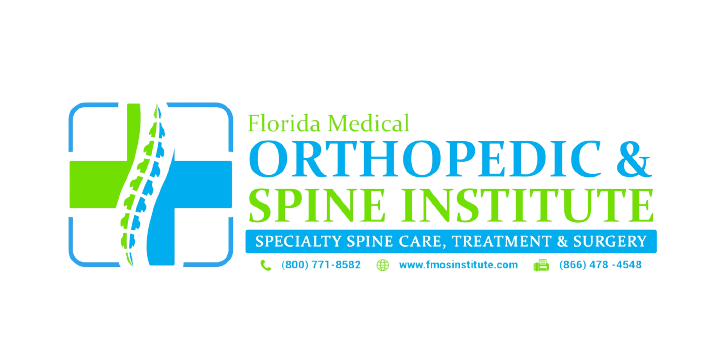Whiplash: More Than Just a Neck Ache. Understanding the Long-Term Effects
That sudden jolt from a rear-end collision on I-4 or a slip on a wet floor can feel disorienting. In the moments, hours, and even days that follow, you might start to feel a tell-tale ache and stiffness in your neck. Many people dismiss this as a simple "stiff neck" or a minor strain that will resolve on its own. However, this common injury, known as whiplash, is far more complex and can lead to significant long-term health issues if not properly diagnosed and treated.
Here at Florida Medical Orthopedic and Spine Institute, we understand that a whiplash injury affects more than just your neck. It can impact your entire well-being. Let's explore what whiplash is and the long-term consequences that every Floridian involved in an accident should be aware of.
What Exactly is Whiplash?
Whiplash is an injury to the soft tissues of the neck, including muscles, ligaments, and tendons. It’s caused by a rapid, forceful back-and-forth movement of the neck, much like the cracking of a whip. This violent motion can stretch and even tear the delicate structures that support your cervical spine.
While most common in auto accidents, whiplash can also result from contact sports, physical altercations, or falls.
Immediate Symptoms You Shouldn't Ignore
The signs of whiplash can appear immediately or may take 24-48 hours to fully develop. Initial symptoms often include:
- Neck pain and stiffness
- Worsening pain with neck movement
- Loss of range of motion in the neck
- Headaches, typically starting at the base of the skull
- Fatigue and dizziness
- Pain or tenderness in the shoulders, upper back, or arms
The Long-Term Consequences: "More Than a Neck Ache"
The real danger of whiplash lies in underestimating its potential for long-term damage. When left untreated or improperly treated, the initial injury can evolve into a chronic condition.
1. Chronic Pain and Stiffness For some individuals, the acute pain of whiplash never fully subsides. It can become a chronic condition known as Whiplash-Associated Disorder (WAD), leading to persistent neck pain, stiffness, and a significantly reduced quality of life for months or even years.
2. Persistent Headaches and Migraines Injury to the muscles and nerves at the top of the neck can lead to cervicogenic headaches—headaches that originate from the neck. These can be debilitating and may feel like migraines, often accompanied by sensitivity to light and sound.
3. Radiating Pain, Numbness, or Tingling The violent motion of whiplash can cause damage to the spinal discs in your neck, potentially leading to a herniated or bulging disc. This can put pressure on the nerves that travel from your spinal cord down into your shoulders and arms, causing radiating pain, numbness, weakness, or a "pins-and-needles" sensation.
4. TMJ Disorders The same forceful movement that injures your neck can also affect your temporomandibular joints (TMJ), the joints that connect your jawbone to your skull. This can result in jaw pain, difficulty chewing, clicking or popping sounds, and headaches.
5. Cognitive and Psychological Issues The impact of whiplash isn't purely physical. Many patients report experiencing:
- Difficulty concentrating ("brain fog")
- Memory problems
- Sleep disturbances and insomnia
- Irritability or anxiety
These issues can stem from the persistent pain, the trauma of the accident itself, or even a mild traumatic brain injury that occurred simultaneously.
Why Early and Accurate Diagnosis is Crucial
Ignoring your symptoms or hoping they will "just go away" is a significant risk. An untreated neck injury can lead to progressive degeneration and instability in the cervical spine. That's why seeking a comprehensive evaluation from a specialist is paramount.
At the Florida Medical Orthopedic and Spine Institute, our experts go beyond a surface-level examination. We utilize advanced diagnostic tools, such as X-rays, CT scans, and MRIs, to get a precise picture of the damage to your bones, discs, ligaments, and nerves. This accurate diagnosis is the foundation of an effective, personalized treatment plan.
Don't Let Whiplash Dictate Your Future
The good news is that with proper care, most people can fully recover from whiplash. Our team is dedicated to providing patient-centered care focused on long-term recovery. Treatment plans are tailored to your specific injury and may include:
- Targeted Physical Therapy: To restore range of motion, strengthen supporting muscles, and reduce pain.
- Pain Management: Including injections and other interventional techniques to provide relief and facilitate healing.
- Chiropractic Care: To address joint dysfunction and restore proper alignment.
- Minimally Invasive Surgical Options: For severe cases involving nerve compression or spinal instability.
If you have been in an accident in Florida, don't dismiss your neck pain. It's your body's way of telling you that something is wrong.
Take the first step towards a full recovery. Contact our team at Florida Medical Orthopedic and Spine Institute today to schedule your comprehensive evaluation. We are here to help you heal and regain your life.










